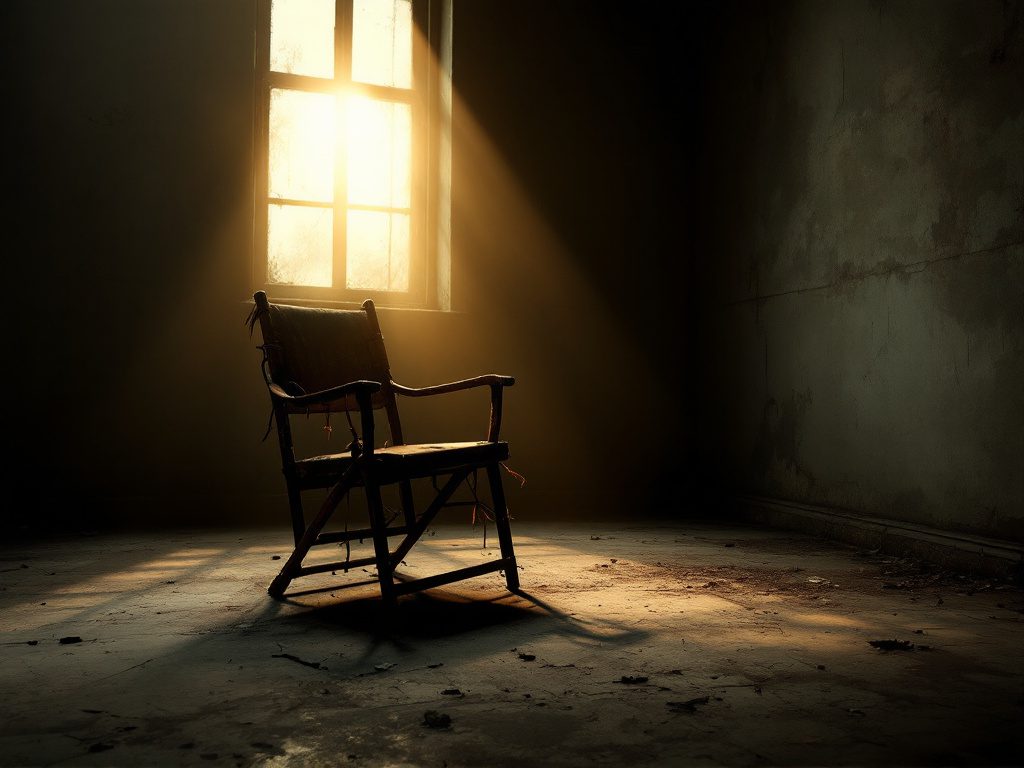A Chilling Homecoming: The Fate of a Brave Journalist
Seven months after Ukrainian journalist Viktoriia Roshchyna died in Russian captivity, her body was finally returned to her homeland. Far from bringing closure, the repatriation pulled back the curtain on a harrowing story—one that exposes not only the brutal treatment of a courageous reporter, but also the Kremlin’s relentless efforts to obscure the truth. For those who believe press freedom and human rights are the lifeblood of democracy, the details emerging from Roshchyna’s case are nothing short of shocking.
The body of Viktoriia Roshchyna bore unmistakable signatures of torture: severe abrasions and hemorrhages from head to hip, a broken rib, and suspected electric shock burns, according to Ukraine’s Prosecutor General’s Office. Yet most chilling was what was missing. Forensic specialists discovered that before returning her body, Russian authorities had extracted her brain, eyes, and portions of her trachea—a move that experts say appears designed to obscure the cause of death and erase evidence of suffocation or strangulation.
What would drive a government to such lengths? Roshchyna, only 27, had been detained for her reporting on black site prisons and Russian abuses in occupied eastern Ukraine. Her ordeal began when Russian tanks fired upon her car in March 2022. She survived a week-long detention in Berdiansk, somehow escaping with her life. Many never do.
Erasing Evidence, Silencing Voices
The attempt to conceal evidence did not stop with misaimed death certificates or delayed returns. Russian authorities labeled her as an unidentified male, tagged her body with the number 757, and held her remains in bureaucratic limbo for months. Only after persistent demands from family, Ukrainian authorities, and international watchdogs was her body publicly identified in April 2025, despite being sent back to Ukraine that February. Beyond that, Russia only admitted to holding Roshchyna in captivity months after her death had already occurred.
What kind of regime orchestrates such elaborate cover-ups? The answer echoes across Russia’s recent history: one that fears accountability above all else. Harvard Law School’s International Human Rights Clinic notes that forced disappearances and post-mortem tampering are classic hallmarks of authoritarian security forces desperate to hide abuses from international scrutiny. In Roshchyna’s case, the deliberate removal of her hyoid bone—often fractured during strangulation—renders impossible the determination of a cause of death. Authorities say injuries were likely inflicted while she was alive.
The brutality did not go unnoticed abroad. European parliamentarians promptly called for an independent investigation, and the non-profit Forbidden Stories, whose mission is to continue the reporting of silenced journalists, relentlessly traced her final months. Their findings corroborate those of Ukrainian prosecutors: that Roshchyna likely endured torture, and that Russian officials undertook extraordinary measures to keep the truth buried.
“The removal of vital organs not only desecrates the individual—it obliterates the evidence. Without her brain, her voice will never testify to what she endured. That is precisely what her captors intended.”
— Dr. Oksana Kasparova, Ukrainian forensic pathologist
The Global Consequences of Silencing Journalists
The crime against Viktoriia Roshchyna is not an isolated incident. According to Reporters Without Borders, over 1,600 journalists have been killed worldwide since 2003, many in attempts to curb their reporting on official corruption or wartime atrocities. Russia’s record, particularly since the annexation of Crimea and its 2022 invasion of Ukraine, has only worsened. Human Rights Watch details dozens of Ukrainian civilians and journalists subjected to enforced disappearance, torture, and sham trials in occupied territories.
What message does the West send when it allows state impunity to persist in the face of such barbarism? Every time a voice like Roshchyna’s is silenced, the world loses more than just another journalist—it dims the beacon of transparency and accountability for all. If democracies do not defend those who seek the truth, autocrats are emboldened to rewrite tomorrow’s history books with impunity.
A closer look reveals the hollowness of conservative arguments downplaying war crimes investigations against Russia in the name of ‘realpolitik’ or ‘peace at any price.’ Such political expedients not only betray liberal values—they fuel an international environment in which human rights violations become routine, hidden behind claims of national sovereignty or security. The Roshchyna case lays bare what happens when the world looks away: families wait months for answers, bodies are returned incomplete, and perpetrators walk free.
The lesson is neither remote nor academic. Protecting journalists and confronting impunity is the bedrock of an open society. Every independent investigation defied by those in power, every body returned with evidence of torture erased, draws a bold line between nations that cherish accountability and regimes that thrive on secrecy and fear.
Standing Up for Truth Amid Darkness
Roshchyna’s story underscores a fundamental truth: The fight for democracy is, at its core, a fight for voices like hers. Civil society, international institutions, and ordinary citizens must push for transparency, demand investigations, and defend the rights of the press with renewed urgency. Calls from the European Parliament for an independent probe must be taken seriously, and global leaders—especially those who wrap themselves in the rhetoric of freedom—must treat these horrors as the emergencies they are.
Press freedom is not a luxury in times of war but a safeguard against impunity and systematic abuse. Without it, societies drift into darkness, and history’s crimes are buried alongside their victims. The world owes Viktoriia Roshchyna more than posthumous outrage; we owe her the fierce defense of the values she risked her life to uphold.

